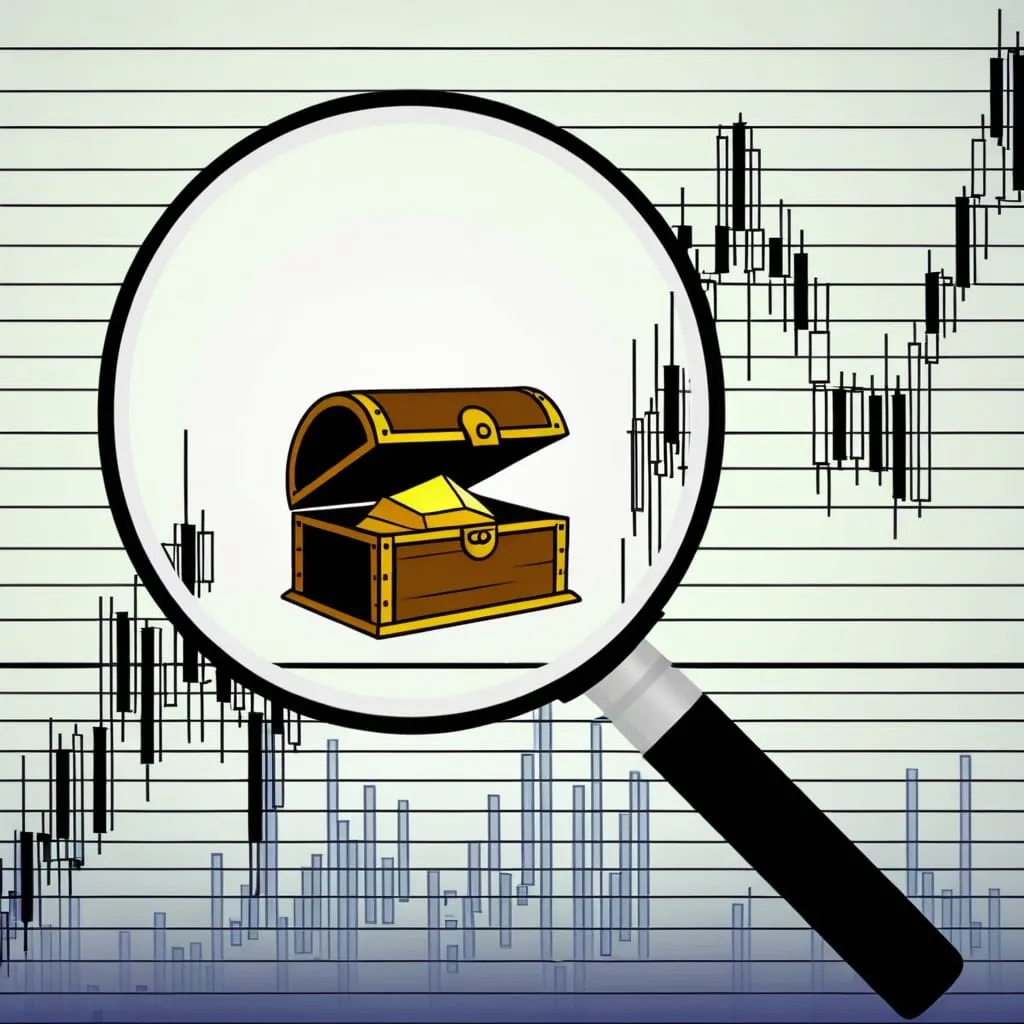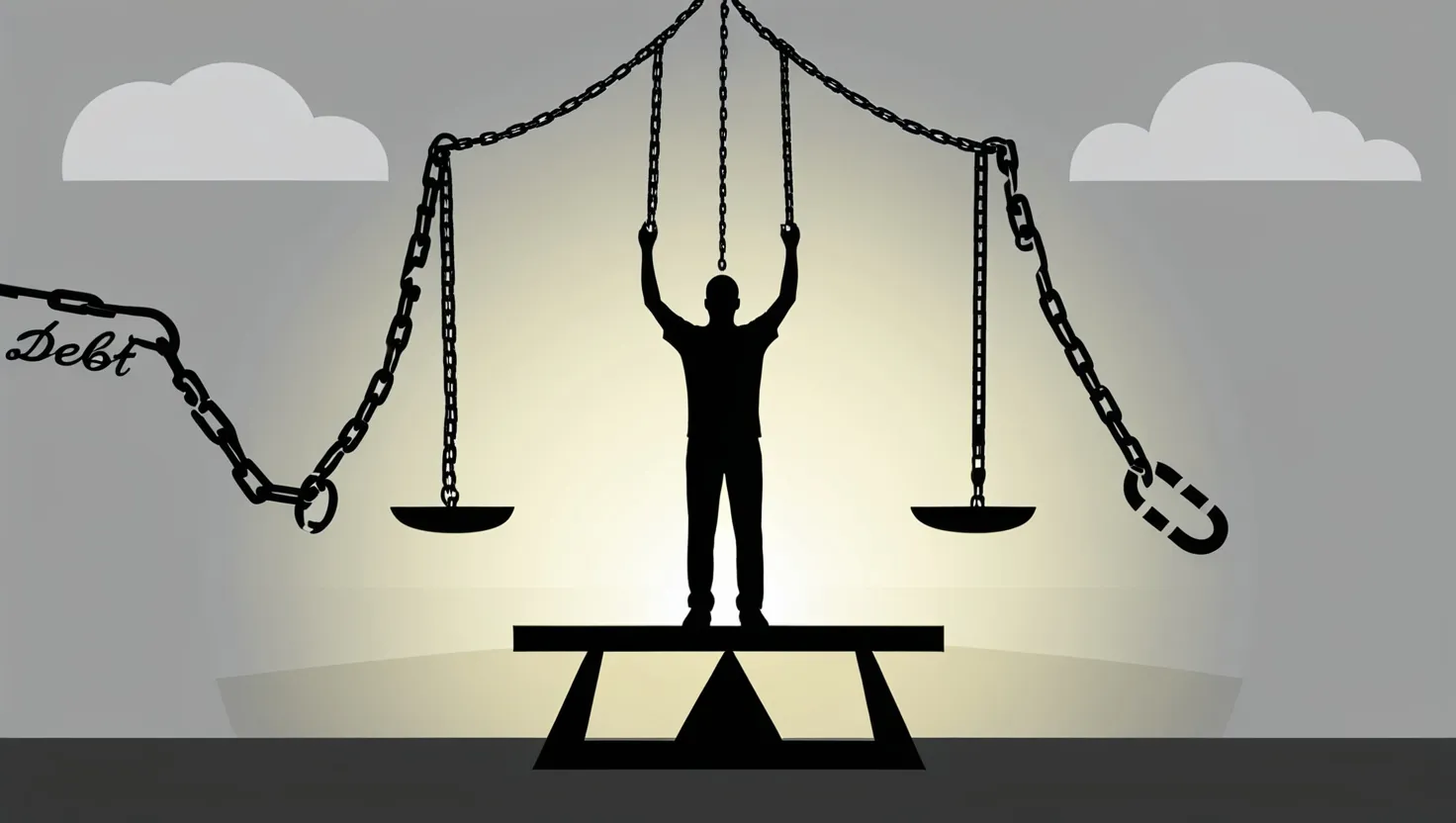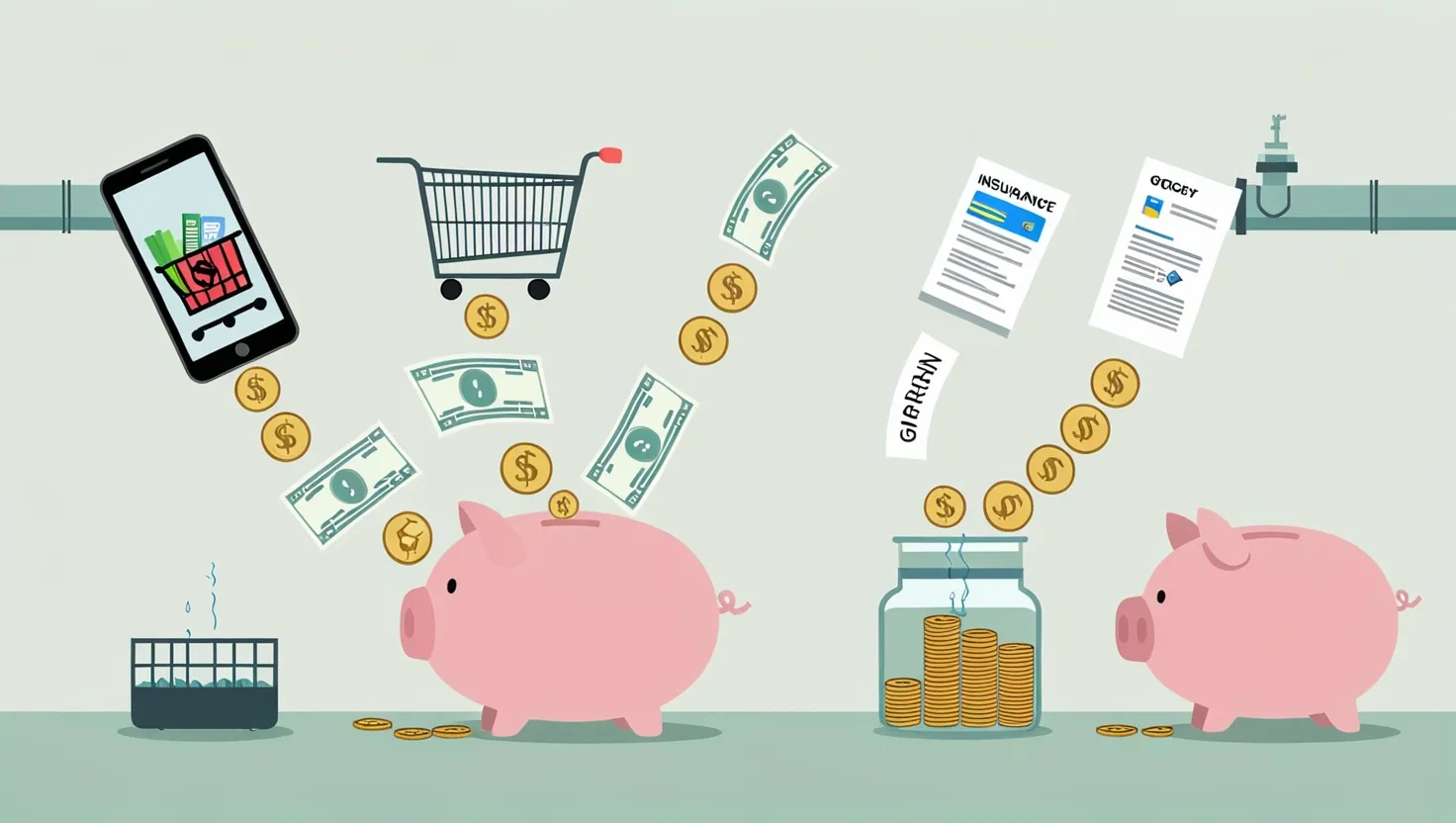Hunting for Hidden Gems: The Art of Spotting Undervalued Stocks
Ever felt like you're digging for treasure in the stock market? Well, you're not alone. Tons of investors are on the lookout for those sweet, undervalued stocks that could give their portfolios a serious boost. But let's be real - it's not as easy as it sounds.
Think of it like this: you're at a garage sale, and you spot what looks like an old painting hidden behind a stack of dusty books. Could it be a lost masterpiece? Or just another tacky print? That's the kind of eye you need when you're searching for undervalued stocks.
So, what does "undervalued" even mean? Basically, it's when a stock is selling for less than it's really worth. It's like finding a designer bag at a thrift store price. This can happen for all sorts of reasons - maybe the market's feeling gloomy, or there's some confusion about the company's future.
Remember the 2008 financial crisis? That was a wild time. Over 875 stocks were trading for less than the cash they had in the bank. It's like selling a piggy bank for less than the coins inside it. Crazy, right?
But why does this happen? Sometimes, it's because everyone's feeling bearish about a particular industry. After the dot-com bubble burst in the early 2000s, tech stocks were so unpopular you could practically buy them for pocket change.
Other times, it's because a company's burning through cash faster than a teenager with their first credit card. This happens a lot in industries like biotech, where companies might only have enough money to keep the lights on for a few more months.
And sometimes, it's just because nobody's sure what a company's actually worth. During the 2008 crisis, banks were like those mystery boxes on game shows - nobody knew what was inside, so nobody wanted to bid.
So, how do you spot these bargains? Well, it's not exactly rocket science, but it does take some know-how.
First up, you've got your financial ratios. These are like the vital signs of a company. The Price-to-Earnings (P/E) ratio is a big one. It tells you how much you're paying for each dollar of profit the company makes. If it's low, you might be onto something good.
Then there's the Price-to-Book (P/B) ratio. This compares the stock price to the company's book value. If it's less than 1, you might have found yourself a bargain.
Market cap is another thing to look at. It's like comparing the size of fish in a pond. If one fish is way smaller than all the others, even though it seems just as healthy, it might be undervalued.
Don't forget about dividends and cash flow. A high dividend yield could be a sign of an undervalued stock. And a company with strong cash flow but a low stock price? That's definitely worth a closer look.
It's also smart to play compare and contrast. Look at similar companies and see how their stock prices stack up. If one's way lower than the rest for no apparent reason, you might be onto something.
And of course, you've got to dive into those financial statements. I know, I know, they're about as exciting as watching paint dry. But trust me, they can tell you a lot. If a company's consistently making money and doesn't have much debt, but its stock price is still in the dumps, that could be a good sign.
Now, if all this sounds like a lot of work, don't worry. There are tools called stock screeners that can do a lot of the heavy lifting for you. They're like a sieve for stocks, filtering out the ones that don't meet your criteria.
But here's the thing - just because a stock looks undervalued doesn't mean it's a good buy. Sometimes, there's a good reason why it's cheap. These are called value traps, and they're about as fun as they sound.
Imagine you find a stock trading below its cash value. Sounds great, right? But what if the company's also got a massive lawsuit hanging over its head? Suddenly, that bargain doesn't look so hot.
Timing is everything, too. Buying undervalued stocks when the market's on an upswing can be a smart move. It's like surfing - you want to catch the wave at just the right moment.
Let me give you a couple of examples to chew on. Say you're looking at a biotech company that's trading below its cash value. Sounds like a steal, right? But then you dig a little deeper and realize they're burning through cash faster than a furnace burns through wood. In a few months, that cash cushion might be gone. Suddenly, it doesn't look like such a bargain anymore.
On the flip side, imagine you find a company that's in the middle of turning things around. Their stock price is low because everyone's still skeptical. But you do your homework and see that their business is actually improving, and they've got a solid balance sheet. That could be a real diamond in the rough.
At the end of the day, finding undervalued stocks is part science, part art, and a whole lot of patience. You've got to crunch the numbers, but you also need to look at the big picture. What's the company's story? What's happening in their industry? How's the overall market doing?
It's like being a detective, really. You're looking for clues, following leads, and trying to piece together the full picture. Sometimes you'll strike gold, and sometimes you'll come up empty-handed. But that's the thrill of the hunt, isn't it?
Just remember, there's no such thing as a sure bet in the stock market. Even the most undervalued stock can still go south. So always do your homework, don't put all your eggs in one basket, and be prepared for the unexpected.
And hey, even if you don't become the next Warren Buffett overnight, you'll definitely learn a lot along the way. Who knows? You might even start to find those financial statements interesting. (Okay, maybe that's stretching it a bit.)
So go ahead, put on your detective hat, grab your financial magnifying glass, and start hunting for those hidden gems. Just don't forget to enjoy the journey. After all, the thrill of the chase is half the fun, right?






